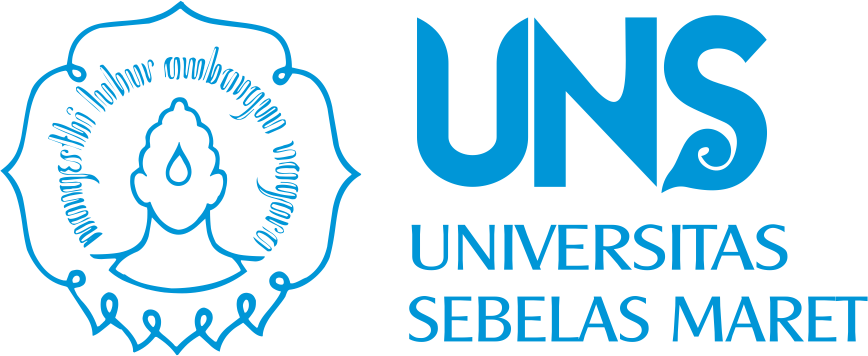UNS – Geography Education Department of Faculty of Teacher Training and Education (FKIP) Universitas Sebelas Maret (UNS) Surakarta reminded the community about the importance of disaster literacy through the event 3rd International Geography Seminar (3rd IGEOS – UNS). The seminar titled “Increasing Disaster Literacy Towards Resilient Communities” was held in Puri Kencono Ballroom Lorin Hotel, Solo, Saturday (08/31/2019).
The event was symbolically opened by UNS Vice-Rector for Academic Affairs, Prof. Dr. Ahmad Yunus. In his remarks, Prof. Ahmad Yunus said that this seminar was a manifestation of UNS’ concern towards the development of natural disaster literacy in Indonesia society. As we already know, geographically, Indonesia is a natural disaster-prone country, including earthquakes, volcanic eruptions, and tsunamis.
It was attended by two main speakers, namely Prof. Dr. Ir. Hasanuddin Zainal Abidin, M.Sc., Head of Geospatial Information Agency (BIG) and Prof. Greg Bankoff from University of Hull, UK. Prof. Hasanuddin Zainal Abidin delivered his material about “Geospatial Big Data for Disaster Management”. In this occasion, he explained that the digital thematic mapping could reduce the risk of victims due to natural disaster.
“Spatial development planning should be based on the thematic map of the natural disasters which can not only reduce the impact of a disaster, we can also accelerate the post-disaster recovery. Considering the fact that disasters such as earthquake, volcanic eruption, and tsunami are avoidable. Information about thematic mapping of natural disasters in Indonesia can be downloaded for free by accessing the website tanahair.indonesia.go.id,” explained this alumnus of University of New Brunswick, Canada.
On the other hand, Prof. Greg Bankoff spelled out Cultures and Disaster: Understanding Cultural Framing in Disaster. In his material, this professor in Environmental History linked the historical discourse with the concept of vulnerability, resilience, and adaptation to disasters.
“The concept of resilience emerged aftermath World War II and the Cold War, at which time, the community tried to be ‘resilient’ in response to the disaster,” he stated.
He further explained that to be resilient in facing disasters, the community must be responsive and adaptative to the revolutions that occur, such as globalization and climate change.
“It is your responsibility to make a nation resilient towards disasters,” he concluded. Humas UNS/Try

